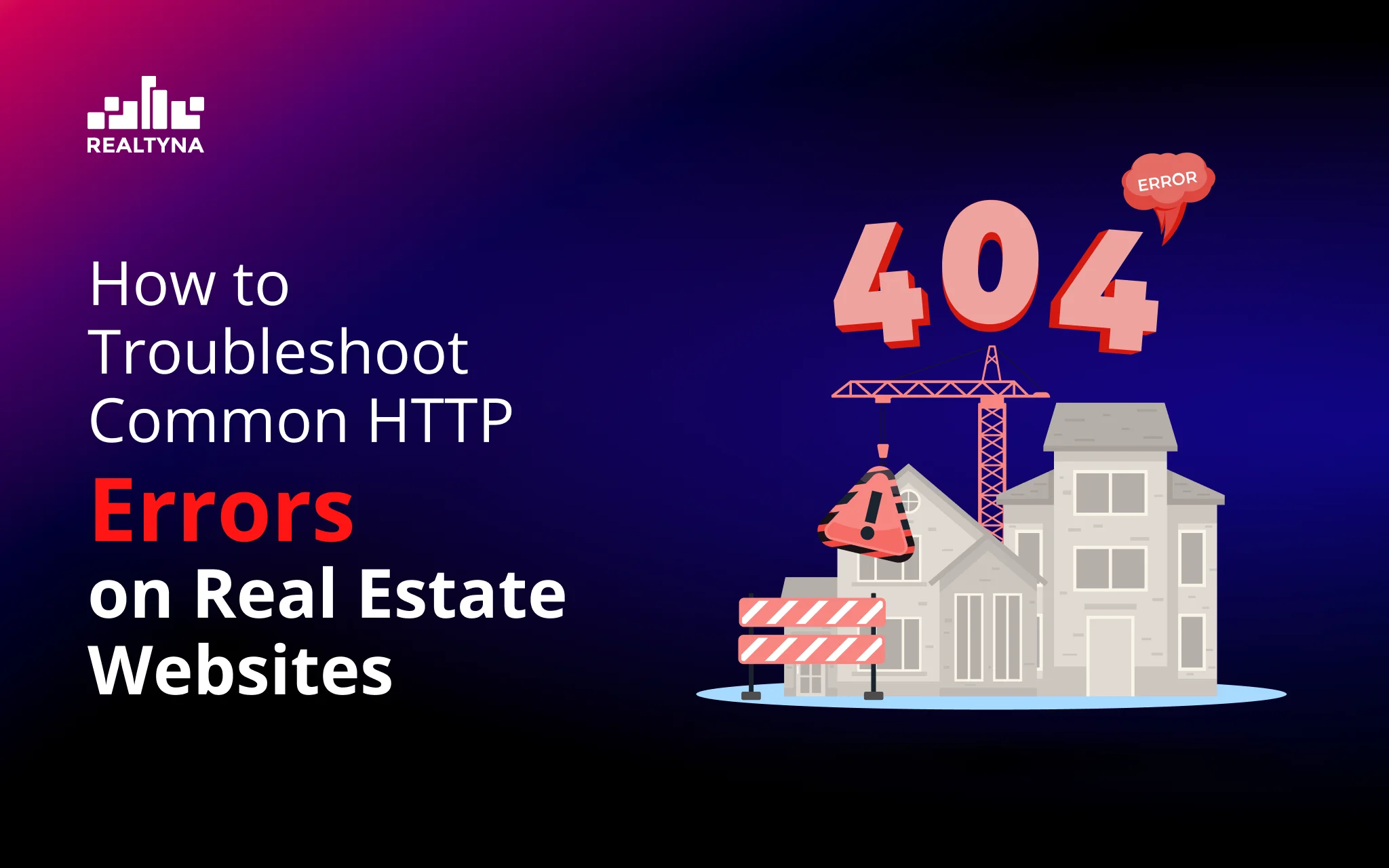
A Real Estate Professional’s Guide to HTTP Status Codes
You’re a real estate professional. You know open houses, closing costs, and commission splits like the back of your hand.
But now you’re venturing into the wild world of web marketing, and you’re seeing all kinds of weird numbers pop up when you check your site analytics. 404? 503? 200? What do these codes mean and why should you care? Well, don’t let the jargon intimidate you. These HTTP status codes contain valuable information that can help you diagnose issues and improve performance.
We’ll decode the secret language of status codes so you can up your digital marketing game. You’ll be reading server responses like a pro in no time. Just think – soon you could become the go-to guru for all things real estate and HTTP. So plug in and get ready to geek out on status codes!
What Are HTTP Status Codes and Why Do They Matter for Real Estate Professionals?
HTTP status codes are a system of numerical messages exchanged between web servers and browsers. They essentially act as a shorthand way for the server to communicate the outcome of a user’s request for a specific web page or resource. These codes are categorized into five main groups:
- Informational (1xx): The server has received the request and is processing it. (e.g., 101 Switching Protocols)
- Successful (2xx): The request was understood and processed successfully. (e.g., 200 OK)
- Redirection (3xx): Further action is needed to complete the request. This might involve redirection to a different web page. (e.g., 301 Moved Permanently, check redirection guide for more)
- Client Error (4xx): There’s an error with the request itself, like a missing file or a typo in the URL. (e.g., 404 Not Found)
- Server Error (5xx): The server encountered an error and couldn’t complete the request. (e.g., 500 Internal Server Error)
The Top HTTP Status Codes Real Estate Websites Should Know

404: Page Not Found
As a real estate pro, nothing’s more embarrassing than directing a client to a listing that’s vanished into the ether. Unfortunately, links go bad and pages disappear, so check those links and have a backup plan for when 404 greets your eager buyers.
500: Internal Server Error
If your site’s throwing 500 errors, we have a problem. This means something’s gone awry with your server, and you’ll want to contact your tech team before you lose visitors, leads, and credibility.
301: Moved Permanently
Ah, the dreaded 301, banishing your site visitors to some far-flung URL. When a page is relocated for good, a 301 status lets search engines know where it decamped to. As a real estate pro, be sure any 301 redirects actually take people where they need to go, or you’ll be sending clients on a wild goose chase.
503: Service Unavailable
A 503 status means your server is overwhelmed or down for maintenance. If you’re seeing 503s, you’ve likely got an influx of visitors your server can’t handle. Time for an upgrade so people don’t get the impression your business is run out of your garage (unless it actually is).
For reliable, scalable hosting solutions built for the real estate industry, check out our real estate hosting page.
How to Troubleshoot Common HTTP Errors on Real Estate Websites

404: Page Not Found
The internet ate your page. Just kidding – this just means the page has moved or no longer exists. Don’t take it personally. Do a quick search or head back to the homepage and find other related pages.
500: Internal Server Error
This is the website equivalent of “it’s not you, it’s me.” There’s an issue with the server that’s preventing the page from loading. Give it a few minutes and try again. If it’s still not working, the site admins probably know about the issue and are frantically trying to fix it.
403: Forbidden
Oooh, scandalous! But not really. This just means you don’t have permission to view the page. Are you logged in? Do you have the right account access level? Double-check and log in again if needed. If that doesn’t work, you may need to call the website’s support to get your access straightened out.
The mysterious world of HTTP status codes unmasked.
Now you can wow your clients with your technical savvy as you explain 404 errors.
Save the tech talk for the geeks. At the end of the day, we’re still out here trying to move properties and drive commissions. But when a site goes down, at least now you’ll have some clue what those geeky developers are grumbling about. Well, time to get back to open houses and paperwork. This internet stuff sure seems complicated but hey, it pays the bills. Now go sell some houses!


Sorry, the comment form is closed at this time.